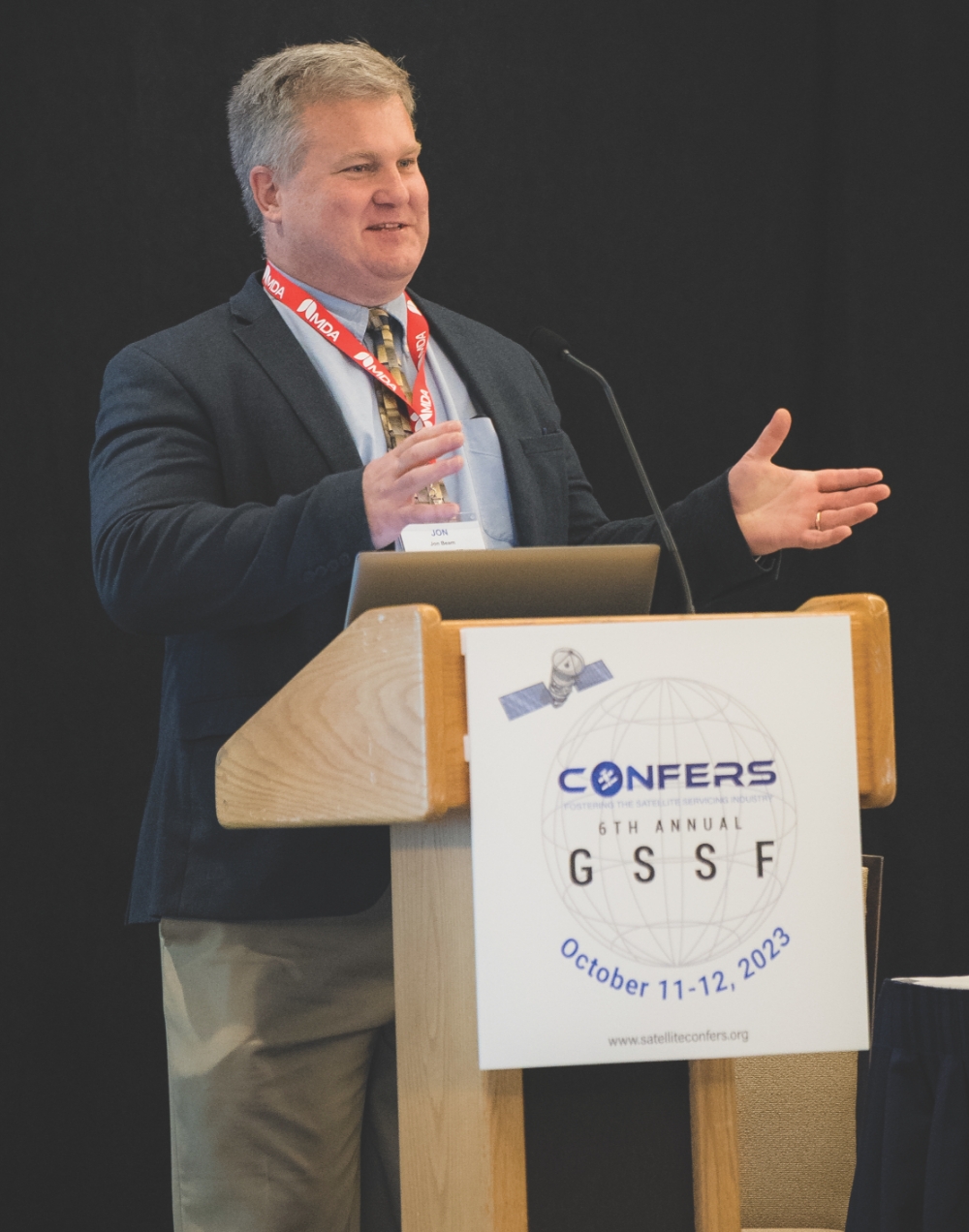Circling the planet is a large and growing number of satellites, and each one of those devices is increasingly sophisticated and valuable to its owner. But, who inspects and services those assets?
That’s the problem—or the opportunity—that inspired the creation of Rogue Space Systems, a Laconia-based company developing robots that have the capacity to navigate space in service of the world’s satellites.
Rogue was launched in 2020, and in four short years has established itself as a credible player in the space services industry. The company now has a staff of around 24, mostly engineers, with 10 of those in NH and the rest dispersed across the country.
Brent Abbott, Rogue’s chief revenue officer, says that although the company’s ambitions are beyond the atmosphere, achieving those goals depends on some terrestrial traction.
“We have all the same benefits and problems as startups, cash flow is king,” Abbott says. “We have to keep the contracts coming in, raising investment money, keep winning stuff.”
And Rogue does keep winning, largely by leveraging its status as a legitimate space technology developer in the eyes of the agencies that provide access to orbit. That means that Rogue can put its equipment on rockets and test them in space—and can also share that access with other companies that want to test their own equipment.
“There’s a bunch of different companies that make instruments or subsystems on satellites,” Abbott says. “You can test them on the ground, but space is a whole different world, and people don’t want to buy something that hasn’t flown in space. It’s hard to replicate a zero-gravity vacuum and radiation environment. They pay us to put them in space, space-test them, and prove that they work.”
By helping other orbital innovators, Rogue gets both revenue for the short-term, and relationships that could help bring new tech to its future designs, such as alternative fuel propulsion systems. “We’re an up-and-comer, we’ve got a lot of exciting tech, and we’ve got the great synergy of hosting services,” Abbott says. “We’re getting some traction.”

